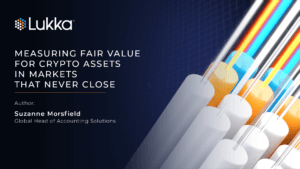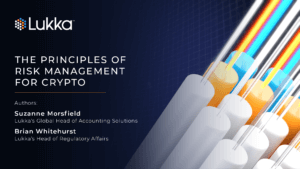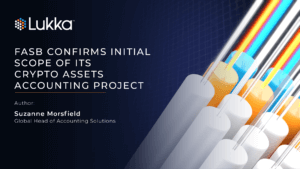
The evolution of ETFs and their entry into the crypto world.
Exchange-Traded Funds (ETFs) have revolutionized the investment landscape, offering a unique blend of the trading flexibility of individual stocks and the diversified risk profile of mutual funds. In this series, we embark on an explorative journey to understand how ETFs have evolved from traditional financial instruments to becoming key players in the innovative world of crypto investments.









